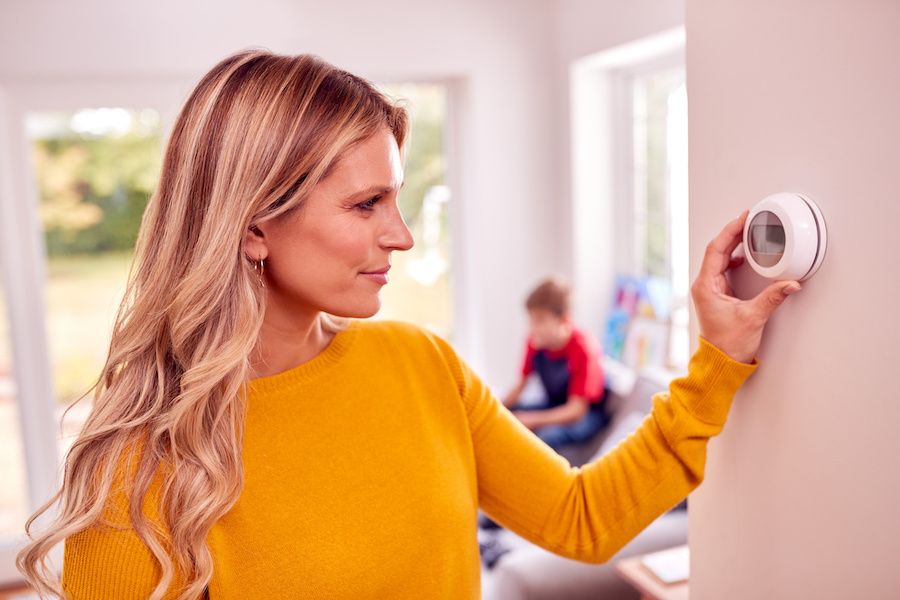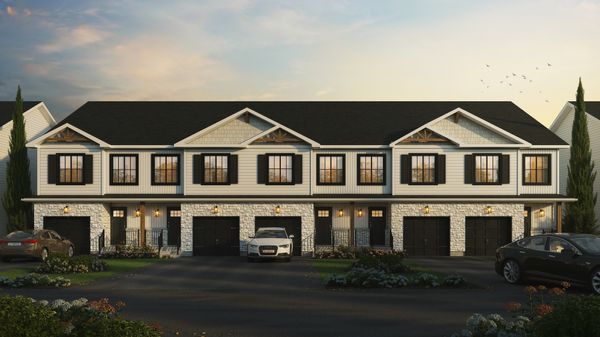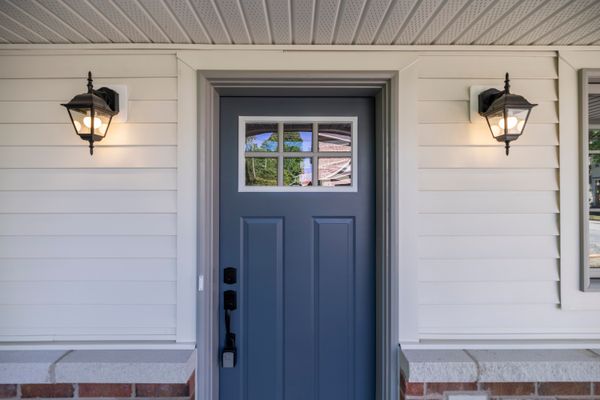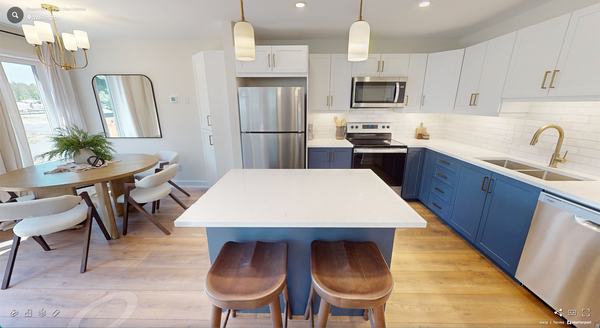Why Ensuring Your Home is Airtight Matters
Airtightness is an essential factor for the comfort, health, and energy efficiency of a home. In simple terms, airtightness refers to the ability of a building to prevent uncontrolled air leaks, which can result in significant heat loss, increased energy bills, and poor indoor air quality. In this blog, we will explore the importance of airtightness and why it should be a priority for homeowners.
Energy Efficiency
One of the primary benefits of airtightness is energy efficiency. An airtight home reduces the amount of heat loss through the building envelope, resulting in lower energy bills and increased comfort. When there are air leaks, heated air escapes from the home, forcing the heating system to work harder to maintain a comfortable temperature. This, in turn, leads to increased energy consumption and higher energy bills.
By sealing up any air leaks, homeowners can save up to 30% on their energy bills, making it an excellent investment for the long term. Proper insulation and airtightness are also significant contributors to energy efficiency, as insulation helps to retain the heat inside the home.
Indoor Air Quality
Another important benefit of airtightness is improved indoor air quality. In an airtight home, there is better control over the ventilation and air exchange, which helps to prevent the build-up of moisture, pollutants, and allergens. When air leaks occur, outdoor pollutants can enter the home, which can cause health problems such as asthma and allergies.
An airtight home also ensures that the indoor air is properly filtered and conditioned, removing any harmful particles or chemicals, and providing better ventilation. This is particularly important for people with respiratory issues or allergies.
Comfort
Airtightness also contributes to the overall comfort of a home. When there are air leaks, cold drafts can enter the home, making it difficult to maintain a consistent temperature. This can lead to discomfort and the need to use more heating or cooling, resulting in higher energy bills.
By sealing up air leaks, homeowners can maintain a consistent temperature throughout the home, leading to better comfort and reduced energy usage.
Building Durability
Finally, airtightness is essential for the durability of a building. When there are air leaks, moisture can enter the building envelope, which can lead to the growth of mold and mildew. This can cause structural damage to the building and also impact the health of the occupants.
By ensuring that the building envelope is airtight, homeowners can prevent moisture from entering the home, protecting the building and the health of the occupants.
In conclusion, airtightness is essential for the comfort, health, energy efficiency, and durability of a home. By sealing up air leaks, homeowners can save on their energy bills, improve indoor air quality, enhance comfort, and protect the building envelope. If you're interested in improving the airtightness of your home, consult with a professional to identify any leaks and take appropriate measures to seal them up.








